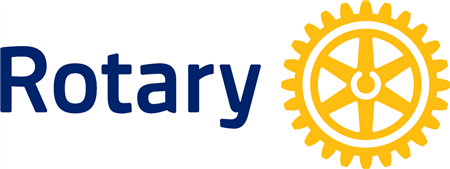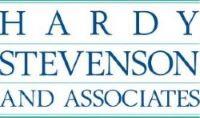
Attendance members: 15
Guests: 7
Dorothy Evans
Betty Allison
Michael Conway
Viresh Mathur
Chancy Seemungal
Diana Thomas
Sandra Fischer
Land Acknowledgement: President Courtney
O Canada – Gordon Brown
Toast to King, Canada, and Rotary: President Courtney
 Announcements:
Announcements:- Dave Hardy mentioned the upcoming Mayoral Candidates debate is happening Wednesday, May 24, at 6:00 pm. It will soon be sold out.
- Basil announced the May 6th District Assembly
 SAA – Alan Meredith
SAA – Alan MeredithHappy Bucks
- Alan – grandson is 10 days old
- Barry – survived Gaspe Bay Highway to hell
- Gerd – walked 200 kms in England, stopped at 40 pubs
 Introduction of the Speaker – Basil Dias
Introduction of the Speaker – Basil DiasSpeaker: Doug Jones
Doug, the son of Past District Governor Ralph, is married to his lovely wife Julie and has three children, Emily, Austin, and Victoria.
Doug obtained a Bachelor of Arts (Economics) from Queens, and has had a long career in Banking.
He is a Capital Markets Derivatives Specialist and a successful marketer of interest rate, foreign exchange, and commodity derivative solutions across Canada and the US.
His past jobs include:
Executive Director, CIBC, where he led a team responsible for providing interest rate, foreign exchange, and commodity risk solutions to private equity, corporate, and government clients across Canada.
Director, Commodities, RBC Capital Markets, and
Vice-President & Director, TD Securities Inc.
Doug gave us a Master Class in derivatives. An essential part of our economy, derivatives help businesses minimize risk.
Derivatives are financial investments whose value is derived from assets without owning those assets. They are regulated and popular financial instruments because they hedge risk. Owners can lock in prices through derivatives and achieve a predictable revenue stream. An Exchange Traded Fund, including derivatives, is one example. Investors buy a basket of stock. Some stocks can be up or down, but the overall basket will continue to achieve returns. In this way, they are contracts between two parties that lock in a price and guarantee against market volatility.
There are several types of derivatives. Forward SWOPS are trades at a fixed rate of interest for a floating rate of interest. Traded through the New York Mercantile Exchange, FORWARDS moderate volatile markets. For example, natural gas may have 85% value swings, oil may have 40% value swings, and banks may have 14% value swings. Against this, and through a contract, a bank may agree to pay $X price for the value of oil. The oil company does not get the high valuation but also doesn’t get the low valuation. OPTIONS PREMIUMS give the buyer the right to buy a commodity for a set price at a future date. Or the right to sell. Premiums are an addition to the cost of the purchase for that right. SWOPTIONS are options on SWOPS. These provide the buyer the right to enter a SWOP at a fixed price by paying a premium.
The Black–Scholes model is commonly used the establish the premium. This is a mathematical equation that estimates the theoretical value of derivatives based on other investment instruments, considering the impact of time and other risk factors.
When there are flaws in the uses of derivatives, the economic effects can be devastating. Risks include contract parties not having the funds to cover their contract, market risk, and risk of the changing value of the commodity. For example, consequences include bringing down a 350-year-old bank, causing a recession in the US that resulted in the need for the US Dodd-Frank Act.
There you have it. Meeting Apr 24 Derivatives.MP3
Thanking the speaker – Avrum
Courtney then terminated the meeting.

